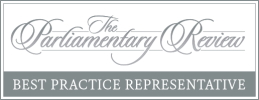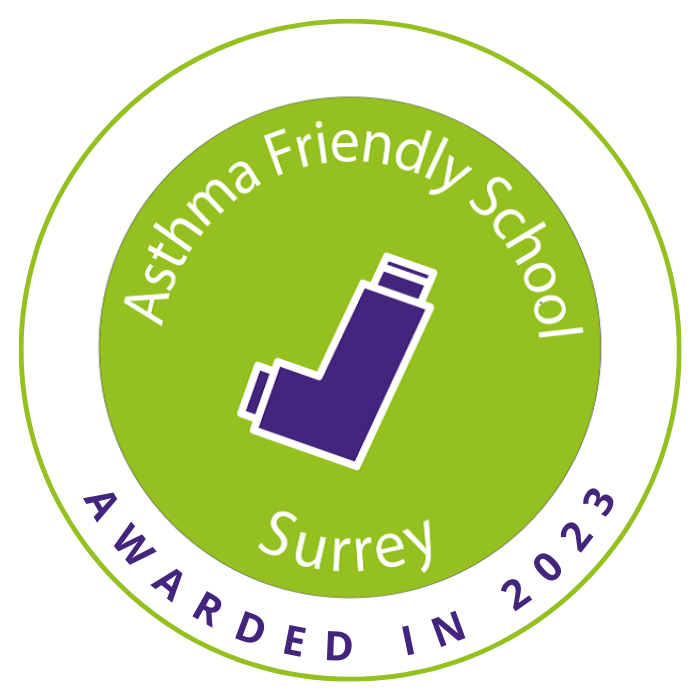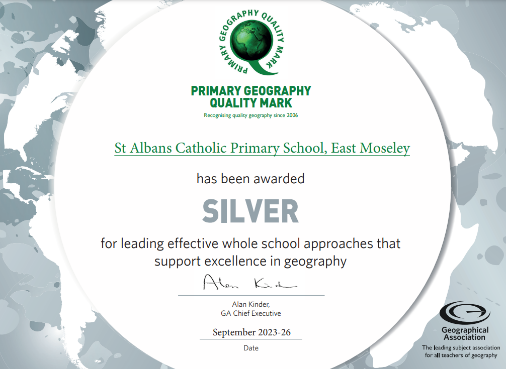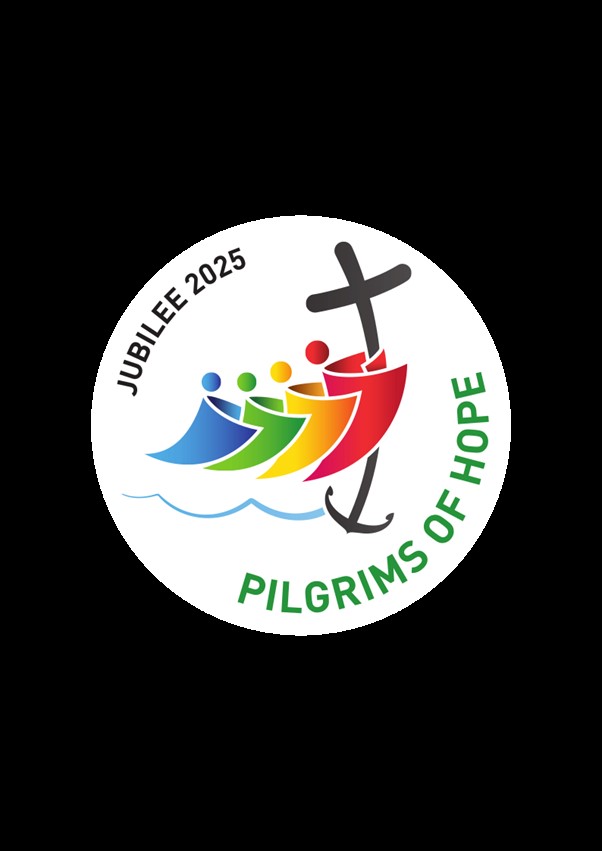Year 4
Year 4 is an exciting and important year. Children take part in their first school residential, which helps build independence, teamwork, and confidence. The curriculum is designed to spark curiosity, encourage resilience, and challenge each child to grow both academically and personally.
Maths
- We follow a mastery approach using Power maths - a UK curriculum mastery programme designed to spark curiosity, excitement and nurture confidence in maths. It also develops oracy skills, which are so important during a child’s time at primary school.
Lessons are designed to build both fluency and reasoning skills, helping children to apply their understanding in a variety of contexts. The curriculum is carefully sequenced to support progression and revisit key concepts, ensuring strong foundations are in place.
There is a particular focus on multiplication, especially in preparation for the Year 4 Multiplication Tables Check, a national assessment which takes place in the Summer Term. Children are supported through engaging activities, songs, and strategies to help them recall and apply times tables confidently and accurately.
English
Children take part in daily Reading and Writing lessons, often centred around a key text or topic. They explore a wide range of fiction and non-fiction texts, including Varjak Paw, The Miraculous Journey of Edward Tulane, The Leaf Detective, Arthur and the Golden Rope, and The Wild Robot.
In Reading lessons, children develop key skills such as inference, retrieval, summarising, and prediction. These sessions also help broaden vocabulary and expose children to a variety of literary techniques and punctuation. A weekly SPaG (Spelling, Punctuation and Grammar) focus is embedded within these lessons, aligned with the Year 4 National Curriculum.
In Writing lessons, children build on their understanding of spelling and grammar, learning more complex skills such as fronted adverbials, expanded noun phrases, and conjunctions. There is a strong emphasis on using Alan Peat sentence types to help children vary sentence structure and improve the quality of their writing.
Children explore a variety of writing styles across the four main types of writing:
- Narrative – including stories, diary entries, and myths
- Non-fiction – such as reports, instructions, and persuasive texts
- Poetry – writing and performing different poetic forms
- Formal writing – including letters and newspaper articles
RE
We follow the updated Religious Education Directory – To Know You More Clearly, which guides children in deepening their understanding of the Catholic faith and its teachings. Lessons encourage children to reflect on the life and message of Jesus, while also fostering respect for other religions and worldviews.
Children are supported in developing their spiritual, moral, and cultural understanding through discussion, scripture, and creative activities. The curriculum promotes thoughtful questioning, personal reflection, and living out values such as compassion, justice, and integrity in everyday life.
Exciting events in Year 4
- Swimming lessons
- Anglo-Saxon virtual workshop
- Surrey Arts instrumental lessons in class
- Bike Ability
- Topics on the Anglo-Saxons, the Vikings and the Rainforest
- Residential to Sayers Croft
- Beyond Blocks Lego Robotics
Residential
In Year 4, children take part in a two-night residential trip to Sayers Croft, an outdoor activity centre in Surrey. This exciting experience offers a range of adventurous activities such as caving, rock climbing, orienteering, and a challenge course.
The trip is designed to help children develop key life skills including teamwork, communication, and independence, while also nurturing a love of the outdoors. For many, it is their first time away from home, and staying in dormitories with classmates helps them build confidence and create lasting memories.
Year 4 Times Table Check (MTC)
- The Multiplication Table Check (MTC) is a Key Stage 2 online assessment which is taken by children at the end of Year Four, in June.
- Children will be asked to answer 25 questions, which will be on times tables from two to twelve.
- They are given six seconds to answer each question, with a three second rest between each question.
- The test lasts less than five minutes and will be taken on iPads in school.
- The purpose of this test is to ensure that times table knowledge is at the expected level, so children are prepared to go into Upper Key Stage 2.
- Children should be fluent in their times tables from two to twelve.
- This check allows the school to see where there are gaps in times table knowledge and put the appropriate interventions in place.
Home learning
- Every Friday, the children are set one Maths and one SPAG activity from their respective CGP book by their class teacher via Google Classroom. This is then marked in class on the following Friday.
- Home learning is designed to consolidate learning from class.
- 10 spellings to learn each week which are taught in class.
- Sometimes, there will also be a wider curriculum piece of Home Learning which links to their work in school.
- Reading Records will be checked weekly so please ensure children are reading at home and recording it.






